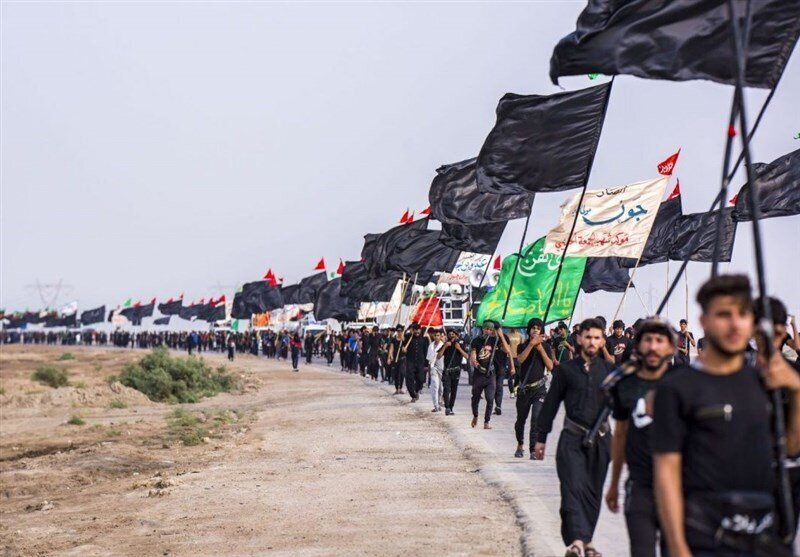Arbaeen trek: Iranian craftspeople to set up stalls

TEHRAN – Craftspeople in Kermanshah province, which borders with Iraq, have scheduled to set up handicraft stalls along the pilgrimage routes that go to the neighboring country.
“To promote handicrafts of Kermanshah, over 150 stalls will be set up in the province during the Arbaeen pilgrimage days,” the provincial tourism chief said on Monday.
The long treks will be destined for Karbala, where Imam Hussein (AS), the grandson of Prophet Muhammad (PBUH), is laid to rest. Arbaeen marks an end to the 40-day mourning period following the martyrdom of the Imam and his loyal companions at the Battle of Karbala on Muharram 10, 680 CE.
Based on available data, the value of Iran’s handicraft exports stood at $400 million during the first ten months of the past Iranian calendar year 1401 (Mar. 21, 2022 – Jan. 20, 2023). Compared with the same period a year earlier, the figure represents some 30 percent growth, deputy tourism Maryam Jalali Dehkordi said.
Iranian handicrafts have a high capacity for export, which can be realized through the creation of special holding companies, she said. Iran exported some $320 million worth of handicrafts during the year 1400, the official added.
According to the Ministry of Cultural Heritage, Tourism and Handicrafts, Iran has the most cities and towns registered with the World Crafts Council (WCC), followed by China with seven, Chile with four, and India with three designated ones.
The WCC-Asia-Pacific Region designated Shiraz, Malayer, Zanjan, and the village of Qasemabad in January 2020, bringing the total number of craft cities and towns in Iran from 10 to 14. Shiraz has been dubbed “the world city of [various] handicrafts.”
Malayer became a center for woodcarving and carved wood furniture on a global scale. The designation “world city of filigree” was given to Zanjan. The village of Qassemabad, which is renowned throughout the country for its traditional costumes, was also promoted to a major handicrafts center on an international scale.
Iraq, Afghanistan, Germany, the United States, and the coastal states of the Persian Gulf are among the countries that traditionally import ceramics, porcelain, hand-woven clothing, personal jewelry, and semi-precious stones from Iran.
AFM
